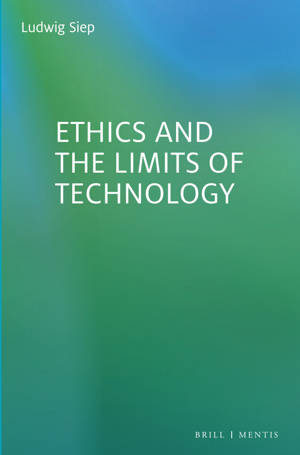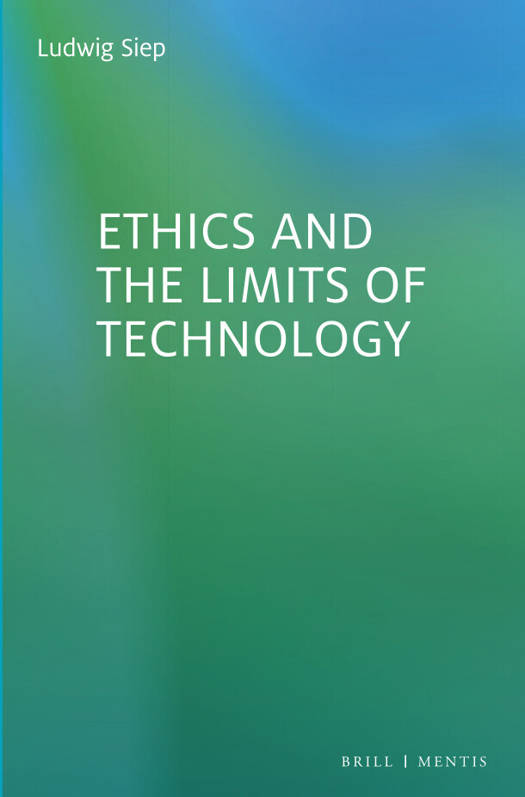
Bedankt voor het vertrouwen het afgelopen jaar! Om jou te bedanken bieden we GRATIS verzending (in België) aan op alles gedurende de hele maand januari.
- Afhalen na 1 uur in een winkel met voorraad
- In januari gratis thuislevering in België
- Ruim aanbod met 7 miljoen producten
Bedankt voor het vertrouwen het afgelopen jaar! Om jou te bedanken bieden we GRATIS verzending (in België) aan op alles gedurende de hele maand januari.
- Afhalen na 1 uur in een winkel met voorraad
- In januari gratis thuislevering in België
- Ruim aanbod met 7 miljoen producten
Zoeken
Omschrijving
Recent aspirations towards the technical perfection of humanity and nature call for a new type of ethics. The overcoming of all human weakness is often viewed as a personal right as well as a common good. But fully overcoming human weakness would undermine the basis for mutual support and recognition. The achievement of complete technical independence from natural forces would end the embeddedness of humanity within natural history. This book defends the necessity of ethical assessment against the automatism of relying on technical developments or market processes. To identify both the values and ethical limits of technology development, criteria for the goodness of human life, and for nature in general, are required. This includes a meta-ethical discussion of moral objectivity, philosophical anthropology, and moral history. On the basis of that discussion, conclusions are drawn about ethical debates in the domains of medicine, biotechnology, and information technology.
Specificaties
Betrokkenen
- Auteur(s):
- Uitgeverij:
Inhoud
- Aantal bladzijden:
- 175
- Taal:
- Engels
Eigenschappen
- Productcode (EAN):
- 9783957432704
- Verschijningsdatum:
- 15/09/2022
- Uitvoering:
- Paperback
- Formaat:
- Trade paperback (VS)
- Afmetingen:
- 157 mm x 13 mm
- Gewicht:
- 3215 g

Alleen bij Standaard Boekhandel
+ 227 punten op je klantenkaart van Standaard Boekhandel
Beoordelingen
We publiceren alleen reviews die voldoen aan de voorwaarden voor reviews. Bekijk onze voorwaarden voor reviews.









